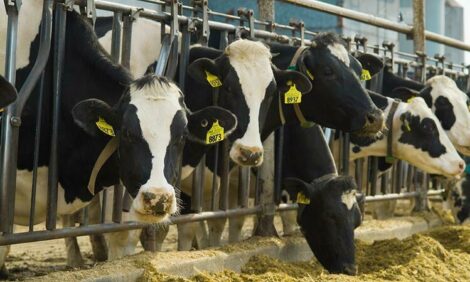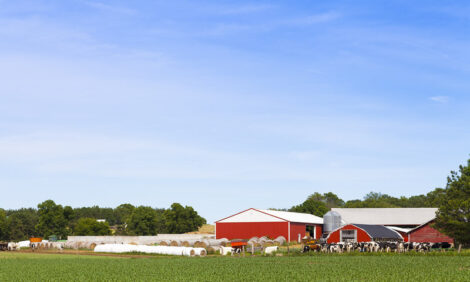



Increase Your Chances of A Successful Future
Jim Salfer, a dairy educator at the University of Minnesota Extension looks at how dairy businesses can increase their chances of success.Mr Salfer asks producers whether they know what their farm will look like in the year 2020? How many cows will it take to make a living? Will it be more valuable to raise or buy feed? What are milk prices and input costs going to be? He says there are no 'perfect' decisions, however Mr Salfer does recommend a few principles to improve the likelihood for success.
-
Dairy producers will need to generate more income to maintain the same standard of living, and because of increasing health care costs and other inflation. The average income per cow over the past 10 years is $550 and there does not seem to be a trend that the market will allow more over time. However, there are several options to increase income, including: honing production skills and decreasing debt to become among the best in net income per cow, generate income from breeding stock sales, increase off farm income, or increase the number of cows.
-
Good business management skills will be essential. Kennesaw College business professors surveyed 600 family owned businesses and discovered those businesses that used management teams, had frequent family meetings, and developed a plan for the future had higher family member personal income and the businesses survived for more generations.
-
To make better business decisions, good production and financial record keeping systems are essential. Most tax records are not adequate because they are on a cash basis and a good accounting system needs to be an accrual system. As a bare minimum, you need to track whole farm profitability. It is even better if profit and loss is tracked for each enterprise, helping determine which enterprises are the most profitable on the farm. It also helps focus capital investment where it provides the greatest return.
With computers now being the norm on farms, it is becoming easier to keep good records. Many computers come with financial management software. These can sometimes be customised to do an adequate job for a small business. There are also several software packages designed specifically for farming. The Farm Business Management programmes offered by the technical colleges do an excellent job of business analysis and interpretation. There are also many independent consultants that offer very good record keeping and analysis programmes. -
Calculate cost of production on a regular basis. With the current volatile prices, an annual business analysis is not adequate. Most businesses should do at least a quarterly or monthly analysis of how the business is doing. This will allow you to make more rapid business decisions ensuring the likelihood of business success. As you develop cash flows, make sure to conduct a “stress test”. What happens if milk stays low for six months longer than you anticipate or interest rates rise? The increased volatility will require the business to be more nimble and adaptable to change. This can be difficult for a capital intensive business like farming.
Following these steps will not guarantee business success. However, working with a good management team and family members to set goals for your business, and developing a good record keeping system will greatly increase the likelihood of profitability and satisfaction of your business.
November 2009


